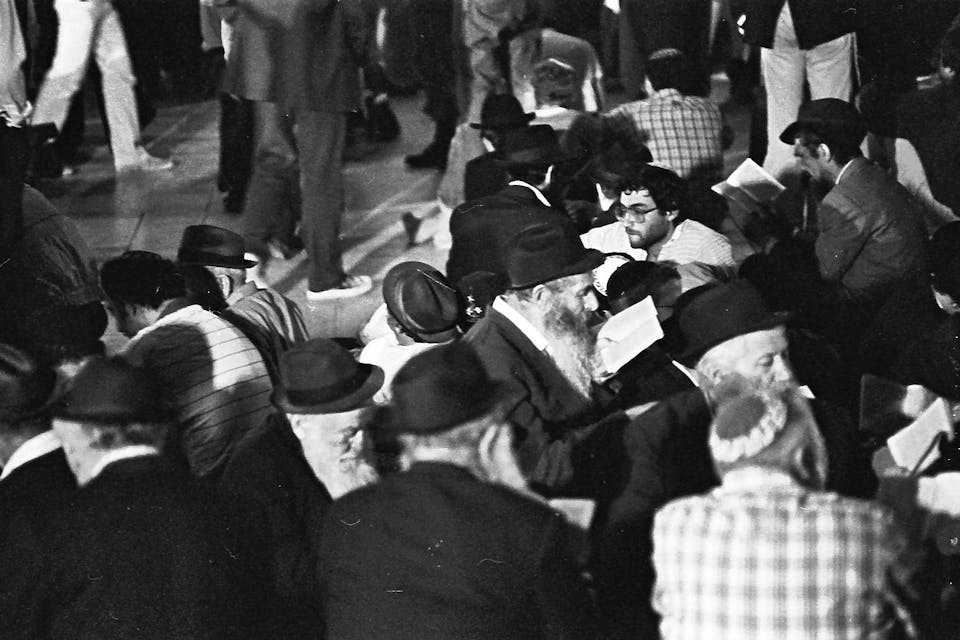
When we first met, my wife asked me to join her in Jerez, Spain, where she wanted to spend two weeks studying with one of the best teachers of flamenco. There was no room at the fancy hotel where the rest of the students were staying, so we ended up at a cheap pension in the rough part of town. It was a ramshackle old building with a chessboard marble floor in the lobby and a worn banister running up in elegant oblongs to ever dingier flights near the skylight. The room was small, we left the windows open at night, and that was when, amid the noise and the cats yowling and the smashing of glasses, we heard the singing.
The songs wafted up long after midnight. What were they about? I couldn’t tell you; I don’t speak Spanish. My wife does, but she maintains that it’s impossible to translate canto jondo, which literally means “deep song.” What makes it so haunting is the tone, the cry, the mournful, lamenting attitude of the singer. It’s easy to make fun of, and afterward we did, composing pseudo-laments like “And the cheese/the cheese on my toast it was melted/but the crust/the crust on my toast it was hard”—another instance of what’s lost in translation. But if you’d heard those street people singing outside our window in the early morning just as the heat started to give way to a cooling breeze, it would have stirred your blood.
That is what the kinot—Hebrew dirges sung on Tisha b’Av—reminded me of the first time I walked into a synagogue on a kibbutz in Israel and heard them being sung just after the chanting of Eikhah, the biblical book Lamentations, which is the greatest kinah of all. How could Jerusalem have been destroyed? How could the Almighty have done that? What is this life about, anyway?